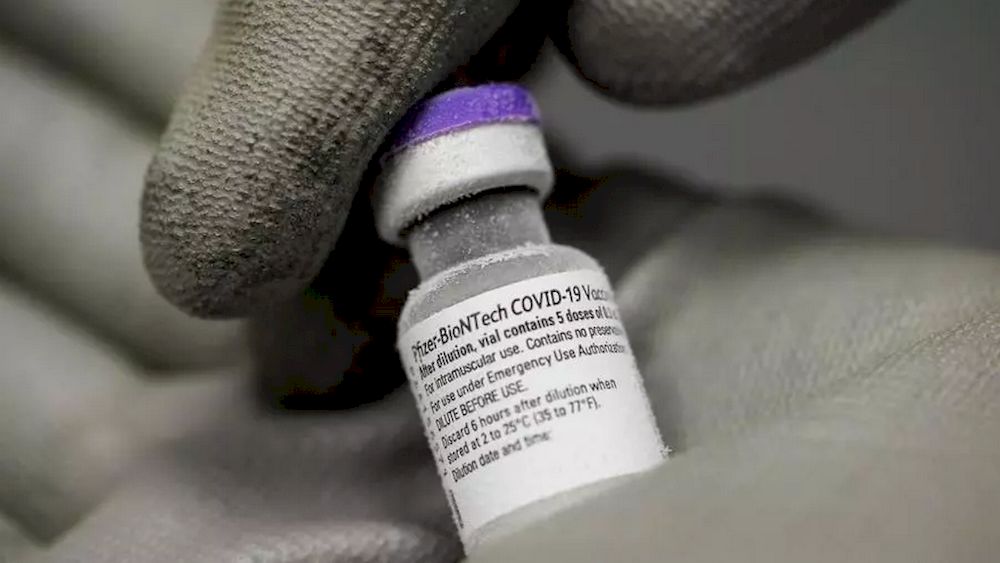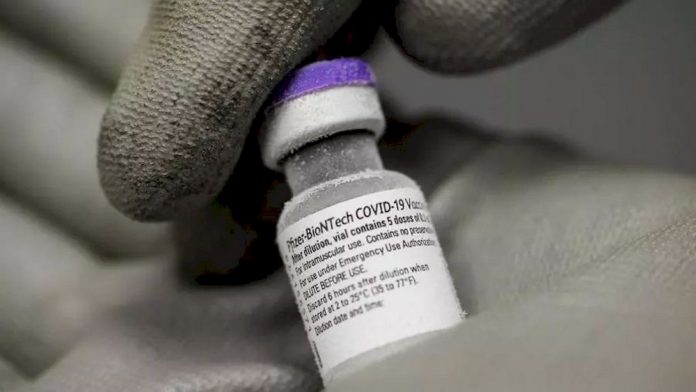
Subscribe to our Telegram channel for the latest updates on news you need to know.
KUALA LUMPUR, Feb 10 — Public doubt over the safety of rapidly-developed Covid-19 vaccines have forced governments around the world to develop campaigns to assure their populace that these were not harmful or dangerous.
While the deployment of such vaccines is still limited, one early recipient — a Malaysian doctor based in the US — offered to share his experience of being vaccinated to help assuage such concerns.
Speaking to Malay Mail, urologic oncologist Dr Tan Wei Phin said he felt called to do so after seeing many of his own relatives and family members being sceptical about Covid-19 vaccines in general.
“They were unsure if the vaccine would work since it was developed in a short period of time. Some might find this surprising, as almost everyone in my family are physicians,” he said during an online interview from his home in Philadelphia, the United States.
Dr Tan said he had taken the time to weigh the risks and benefits of getting vaccinated against Covid-19, and eventually decided the likely harm of Covid-19 was much worse than any potential side-effects caused by a vaccine.
A Kuala Lumpur native, the 33-year old cancer surgeon has resided in the US since 2010, pursuing his studies in Philadelphia, before moving on for his medical residency in Chicago, then undertaking his fellowship at Duke University in North Carolina, before finally returning to Philadelphia again where he now works for MD Anderson at Cooper.
“As physicians, it is our role to promote the responsibility of getting vaccinated. As such we have to be advocates for vaccination if we ever hope to overcome Covid-19.
“Generally I make sure to take the time to speak to each of my patients after sessions with them on the vaccine. Most I find to be very understanding and develop a much more hopeful outlook once I explain things to them,” he said.
However, he said there remained a small but very vocal movement of anti-vaccination advocates in the US, whose voices tend to drown out others, which also made them seem more numerous than they are in reality.
He conceded that some in the group include healthcare professionals, which he said gave inordinate weight to their claims.
To offset this group, Dr Tan said he opted to be vaccinated for the first time with the vaccine developed by Pfizer and BioNTech on December 29 last year, which caused some soreness at the injection site that went away after a day.
His second dose on January 19, however, resulted in more side effects that began manifesting within 12 hours of the injection.
“These included fevers, chills, and a softness in my left forearm, which lasted until 36 hours after the dosage was administered,” he said.
Rather than concern, Dr Tan said the side effects should be viewed as a positive sign that the vaccine was generating the necessary immune response in his body.
He added most of his colleagues also underwent similar experiences, while others also experienced nausea and palpitations.
“Recently an article published in the New England Journal of Medicine indicated that younger people who are vaccinated tend to experience more side-effects compared to older individuals, with most of the side-effects occurring after the second dose.
“The most commonly reported side-effects include fatigue, followed by headache, chills, and muscle pain. It would be concerning if no side-effects were visible after being inoculated, as you cannot be sure if the immune system is working or otherwise,” he said.
Though a US resident for over a decade, Dr Tan still considers himself a Malaysian and was compelled to help engender confidence in Covid-19 vaccines here.
He stressed that while some side effects were possible, these were far milder than what a person would suffer if they were to develop a symptomatic Covid-19 infection.
“The virus is not a disease which you can recover easily from since we still do not know what its long-term consequences are.
“Already there is indication of possible long-term scarring or damage to the lungs after recovering from Covid-19. It still remains to be seen if the human lung capacity is diminished as a result,” he said.
Vaccination against Covid-19 in Malaysia is strictly voluntary, with the government to open registrations via the MySejahtera app once the vaccines are approved for local use.
Dr Tan advised those with the opportunity to take the vaccine to do so as soon as possible, particularly those such as the Pfizer-BioNTech vaccine that has a 95 per cent efficacy rate seven days after the second dose is administered.
“My advice is that you should apply for leave on the day after you are vaccinated, or have it taken during the weekend. This will give yourself time to recover from the side-effects.
“It is my firm belief that it is our responsibility as members of society to help eradicate Covid-19. The best evidence available suggests that herd immunity will only develop if 70 per cent of the population is inoculated, which will also protect those unable to take vaccinations for whatever reasons from the virus,” Dr Tan said.


